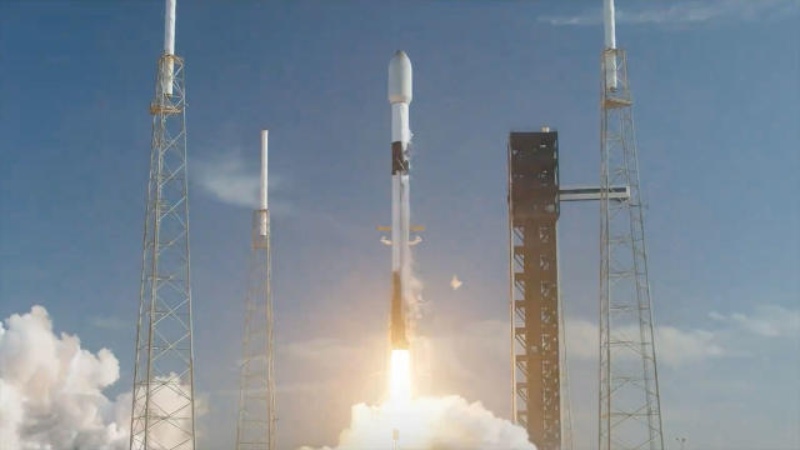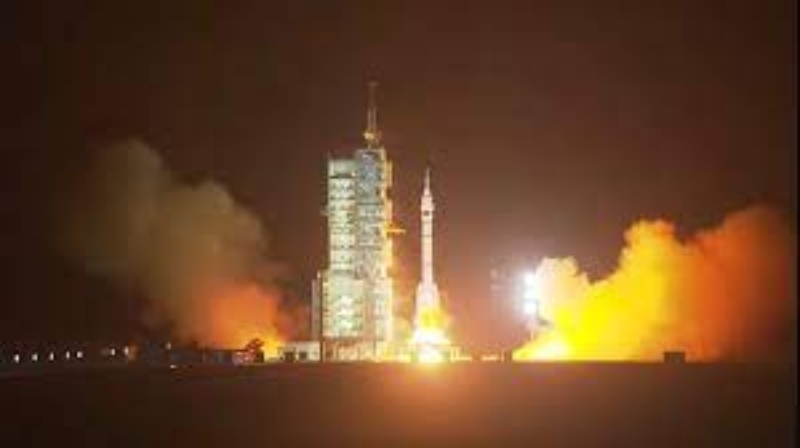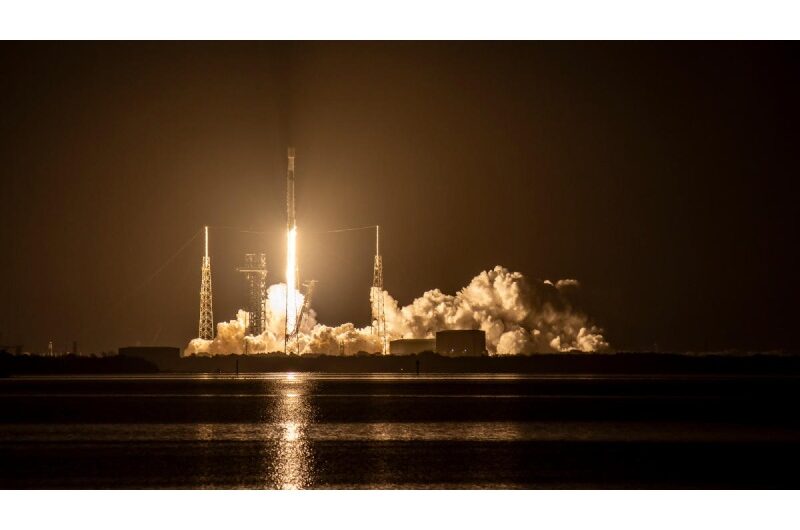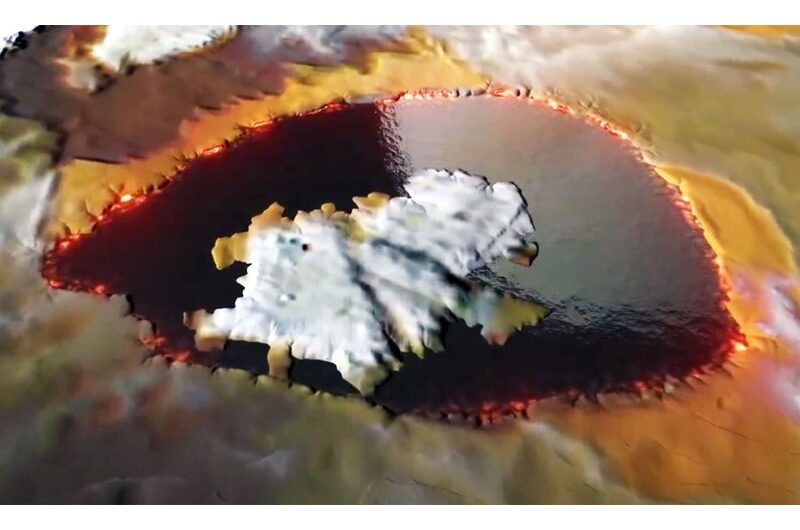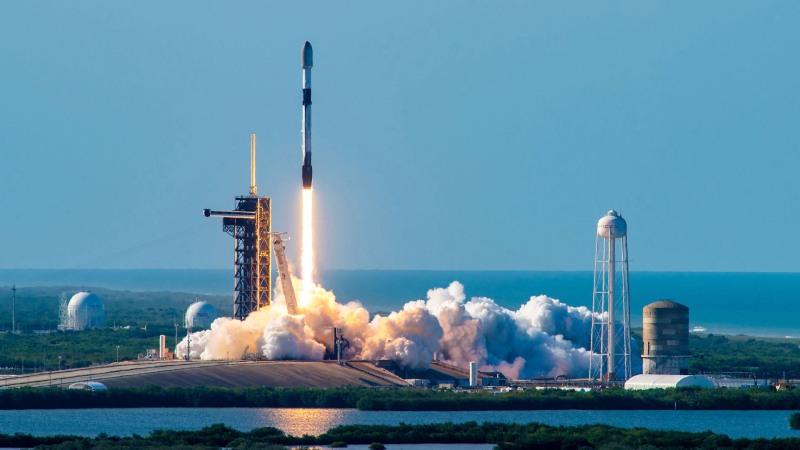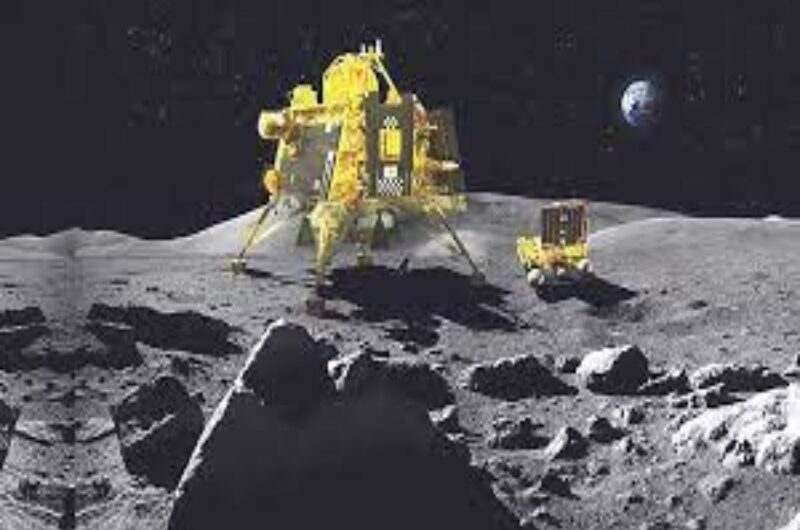The Indian Space Research Organization (ISRO) successfully launched the solar probe Aditya-L1 into its planned orbit on Saturday, making India the fourth nation in the world to have a space-based observatory to study the sun, including corona, flares, and sun storms.
The spacecraft’s successful placement in an orbit 1.5 million kilometers from Earth was hailed as a “extraordinary feat” by Prime Minister Narendra Modi of ISRO.
It is evidence of our scientists’ unwavering commitment to completing one of the trickiest and most sophisticated space missions. I join the country in praising this incredible accomplishment. For the good of humanity, we shall keep exploring new scientific horizons,” Modi wrote on X.
President Droupadi Murmu emphasized how many female scientists and engineers make up Team ISRO. “Women empowerment too goes to a higher orbit with the significant participation of women scientists in ISRO missions,” Murmu said on X.
Nigar Shaji, the Project Director of the Aditya L1 mission, is a female as well.
Inserting the spacecraft into the halo orbit close to Lagrange Point was a crucial part of its journey, according to ISRO. The maneuver required exact control and navigation. In order to overcome the challenges, ISRO engineers and scientists at the Bengaluru-based ISTRAC continuously observed the spacecraft and used on-board thrusters to modify its position and speed. The insertion’s success not only proved that ISRO could do difficult orbital maneuvers, but it also gave the space agency more confidence to oversee upcoming interplanetary missions.
Aditya-L1’s precise orbit has an orbital period of roughly 177.86 earth days and is situated on the constantly moving sun-earth line. The choice of the three-dimensional orbit at L1 (Lagrange Point 1) was made in order to minimize station-keeping maneuvers, which in turn reduces fuel consumption, and to provide a continuous, unhindered view of the sun for the duration of the five-year mission.
“It was a complex mission, I won’t say challenging mission,” stated ISRO Chairman S Somanath. We enjoy challenges, but we also have to conquer complications. We were able to accomplish that precisely today after overcoming the difficulties. Although payloads are performing admirably, there is still much work to be done on them to ensure that the data is dependable and useful. This work will begin immediately.
“He (PM Modi) thanked us for our work in a message on his social media account. It makes us really delighted. Modi’s enthusiasm in the high-tech mission was acknowledged by Somanath, who added, “We are waiting; maybe he will interact with us at an appropriate time.”
Topics #Aditya-L1 #Isro #Narendra Modi #Sunshine
